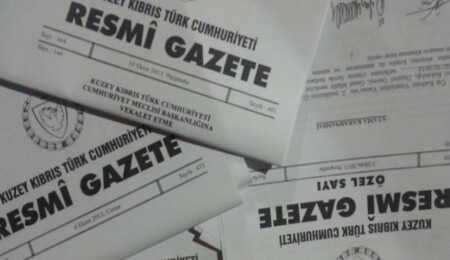Traffic Fines to Fund Road Safety and Infrastructure Services

A new law regulating the allocation of revenue from traffic fines has officially come into effect in the Turkish Republic of Northern Cyprus. The Law on Out-of-Court Settlement of Road and Traffic Offences and Penalty Points was published in the Official Gazette following its unanimous approval by the Republic’s Assembly.

Under the new law, revenue generated from fixed fines will be redirected to municipal authorities and relevant traffic institutions, with the funds strictly earmarked for road and traffic-related services.
Municipalities to Receive Local Fine Revenue
Traffic fines incurred within specific municipal boundaries will be transferred directly to the corresponding municipality. However, revenue from increased fixed penalties and other fines will be deposited into relevant accounts within the state budget. Municipalities will be obligated to use these funds solely for the purposes defined under the law.
Radar and E-Detection System Revenue Allocation
Revenue generated through fixed-speed cameras and electronic monitoring systems will be distributed as follows:
-
15% to the Police General Directorate
-
15% to the Highways Department
-
20% to the Traffic Department
-
20% to the Interior Ministry’s administrative services
-
30% to the state budget
These funds will be used for purchasing technical equipment, vehicle maintenance and repairs, infrastructure projects, traffic signage, and public education initiatives, such as the development of a Traffic Education Park.
Specific Allocations for 2025 Budget
For the 2025 fiscal year, revenue distribution from fixed-speed camera fines will follow a special arrangement:
-
50% to the Police General Directorate
-
20% to the Highways Department
-
15% to the Traffic Department
-
15% to the state budget
These adjustments aim to enhance the effectiveness and transparency of traffic fine management, while improving public safety and road infrastructure across the country.












Yorumlar
Dikkat!
Suç teşkil edecek, yasadışı, tehditkar, rahatsız edici, hakaret ve küfür içeren, aşağılayıcı, küçük düşürücü, kaba, müstehcen, ahlaka aykırı, kişilik haklarına zarar verici ya da benzeri niteliklerde içeriklerden doğan her türlü mali, hukuki, cezai, idari sorumluluk içeriği gönderen Üye/Üyeler’e aittir.